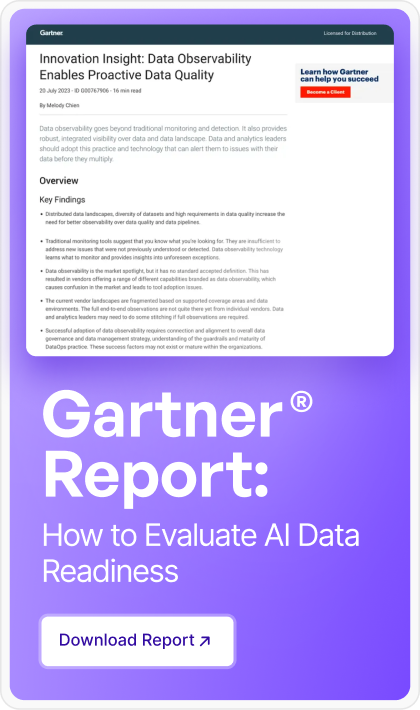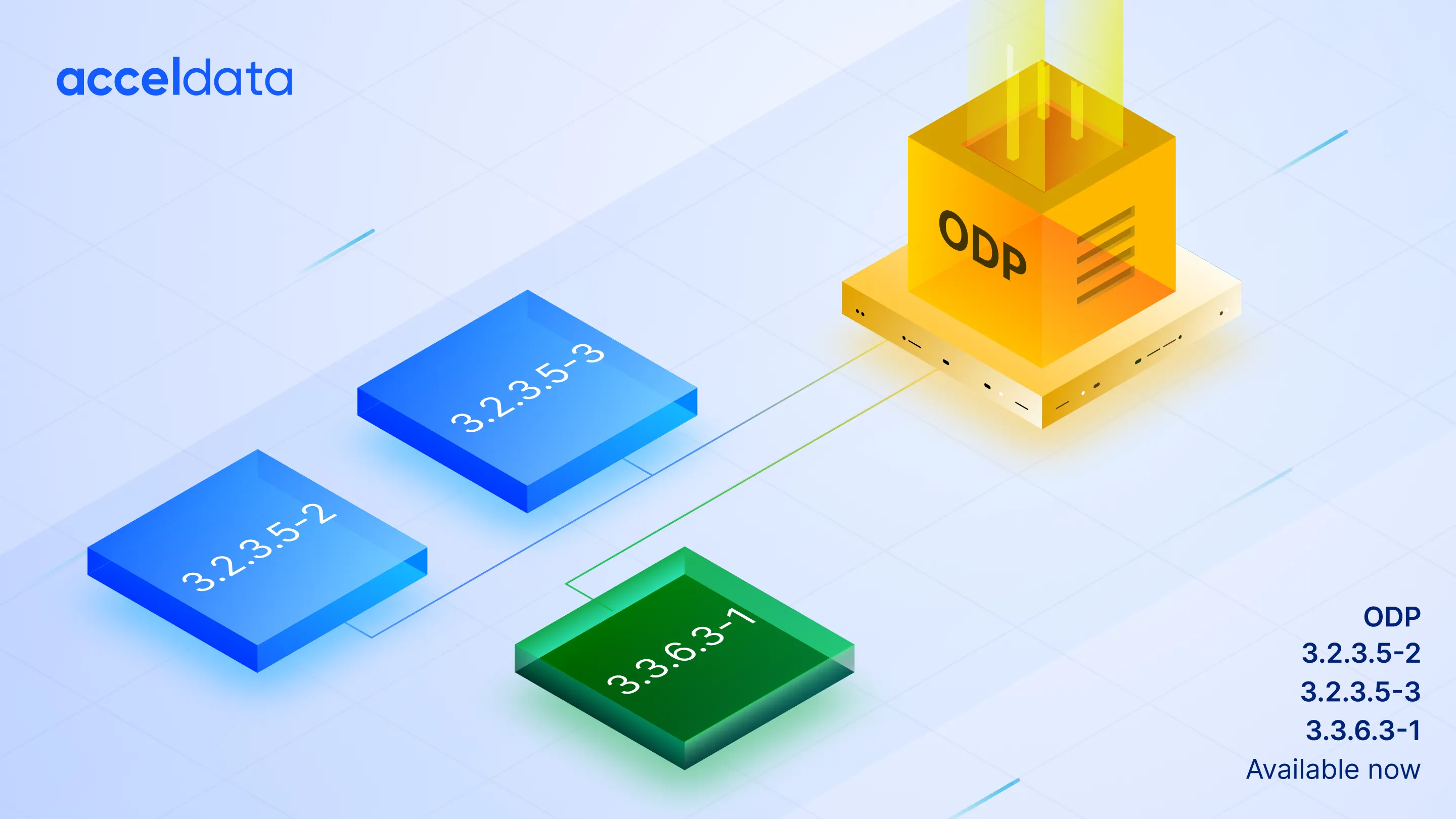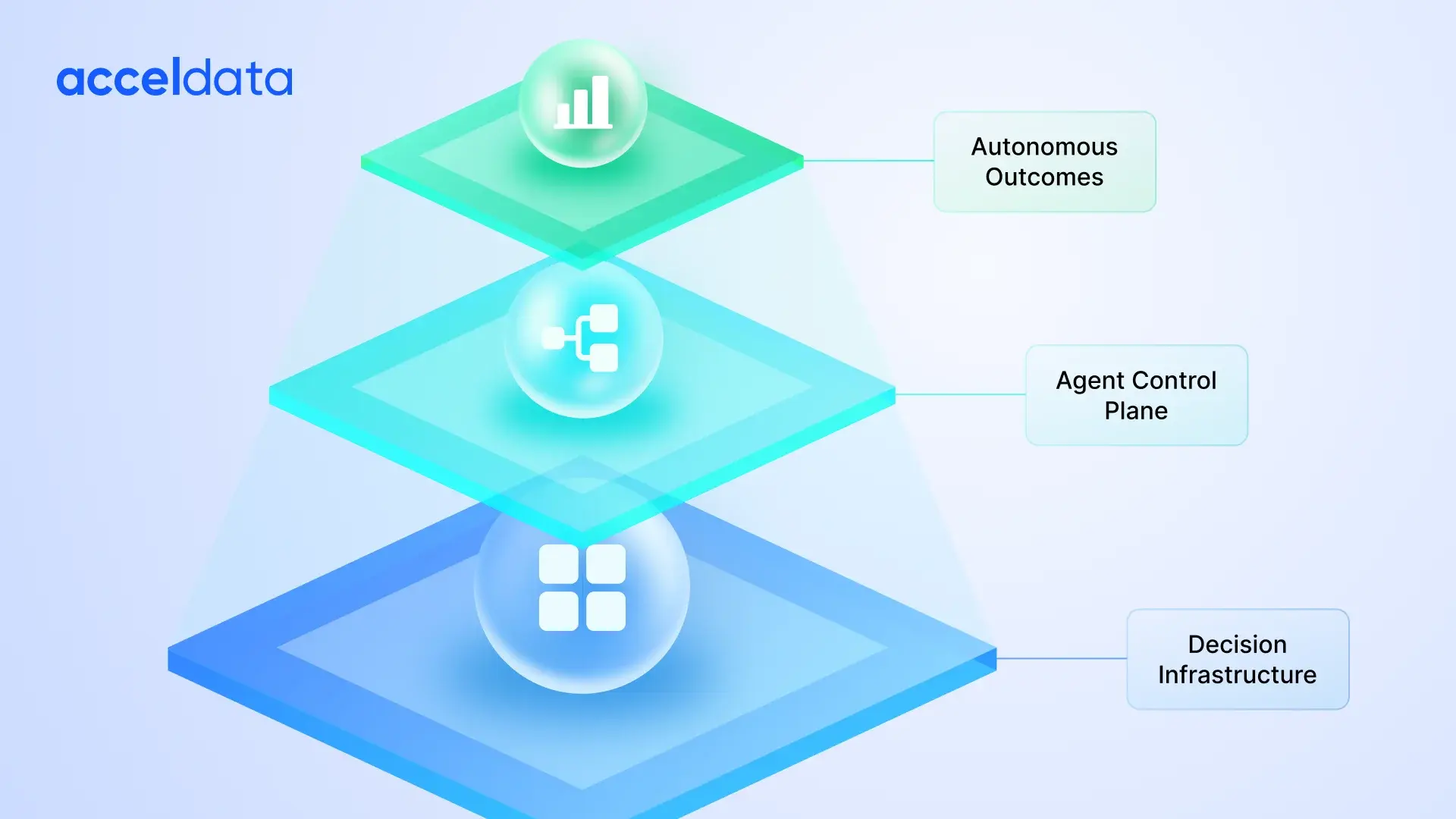In today’s hyper-connected world, getting our data right is akin to having a safety net in the circus of business. Think of data quality control as the acrobat that keeps our numbers accurate and reliable, ensuring we don’t take a tumble when it’s time to make decisions!
High-quality data is vital for unlocking meaningful insights, embracing digital transformation, and achieving success on a global scale. When Data Quality Assurance (DQA) misses the mark, insights turn unreliable, opportunities fade away, and poor decisions can easily follow.
Understanding effective DQA is essential for shaping the future of data and decision-making. By prioritizing strong data quality, organizations can foster a culture where informed decisions confidently guide them forward in today’s digital landscape.
Let’s dive into how DQA is transforming data and decision-making!
What is Data Quality Assurance?
Data Quality Assurance (DQA) is a systematic approach to ensuring that data meets established quality standards. As noted by Alation, “DQA involves various techniques and practices aimed at improving data accuracy, completeness, consistency, and reliability.”
The DQA process involves data profiling to identify inconsistencies and anomalies, coupled with data cleansing to fix issues such as outliers and missing information, ultimately improving overall data quality.
By prioritizing data accuracy, DQA bolsters data governance and compliance, ensuring that data-driven strategies produce successful outcomes, leading to trustworthy insights and actionable solutions.
Data Quality Assurance vs. Data Quality Control: Strategic Comparison
Data Quality Assurance (DQA) and Data Quality Control (DQC) serve distinct purposes in managing data. DQA is a proactive strategy to ensure your data is accurate and reliable from the start. It involves preventing errors before they occur and maintaining data integrity throughout its lifecycle.
In contrast, DQC is more reactive. It steps in after issues have been identified, fixing errors that have slipped through the cracks. Getting these two right can make a key difference in your overall data strategy. By focusing more on DQA, businesses can reduce the need for constant error fixes down the line.
Let’s explore why data quality assurance has become a game-changer for modern enterprises, especially those relying significantly on data for decision-making and staying competitive.
Importance of Data Quality Assurance in Modern Enterprises
In today’s data-driven world, high-quality data sets successful businesses apart. As companies increasingly rely on AI, machine learning, and analytics, ensuring these systems are powered by accurate and reliable data is critical.
This is where data quality assurance steps in. Without it, businesses risk making decisions based on faulty data, leading to wasteful investments, missed opportunities, and compliance risks.
Ensuring data quality is essential for e-commerce platforms to effectively manage vast amounts of customer data, optimize customer experiences, and drive sales. Poor-quality data can disrupt everything, from personalized marketing to supply chain efficiency.
DQA guarantees that the data used for pricing, inventory management, and customer interactions is both reliable and consistent, providing companies with a competitive edge in optimizing e-commerce data quality.
Similarly, businesses are under growing scrutiny regarding regulations. Regulations such as GDPR and CCPA make DQA crucial not just for operational efficiency but also for compliance.
Data accuracy is essential for meeting compliance requirements; a lack of data integrity management can lead to costly penalties and erosion of customer trust. Data quality plays a key role in regulatory compliance; it helps you understand how crucial it is in today’s landscape.
Thus, DQA is more than just a strategy—it’s essential for businesses to thrive in an increasingly complex data environment.
Building Blocks of Effective Data Quality Assurance Strategy
Key components of a strong DQA program can significantly enhance your data's quality and reliability. These building blocks empower your organization to make smarter decisions and create a scalable framework that promotes data integrity management and drives business success.
Here are a few essential components:
Data profiling and assessment
Start with comprehensive data profiling to pinpoint inaccuracies, duplication, and inconsistencies. Data quality framework involves examining the structure, content, and relationships within your data.
By understanding its current state, you can identify areas that need improvement, paving the way for effective data management.
Advanced data cleansing techniques
Data cleansing and normalization are vital for enhancing data quality and reliability. This entails rectification of errors, standardization of formats, and elimination of duplicates.
Data quality management guidelines suggest that these data validation techniques significantly boost data accuracy and completeness—key ingredients for reliable data insights and actionable data solutions.
Data standardization and harmonization
Establishing clear data standards ensures consistency across various data sources, making integration smoother and analysis easier. Adhering to data quality standards enables teams to trust the data they work with.
Real-time data validation
Real-time data validation is a proactive measure that flags errors before they lead to confusion or costly mistakes. In healthcare, data accuracy can mean the difference between life and death.
Effective strategies for tackling data quality issues in healthcare emphasize that checking for errors and inconsistencies during data entry helps maintain integrity from the outset, which is crucial in a high-stakes environment.
Automated data lineage and traceability
Use tools that track where your data comes from and how it’s been modified. This transparency builds trust and accountability, helping you identify potential issues before they become significant problems.
Step-by-step Guide to Implementing Data Quality Assurance
Implementing a successful Data Quality Assurance (DQA) strategy involves a series of steps designed to establish a robust framework for reliable data.
Here is a step-by-step guide to get you started:
- Define data quality goals and objectives: Establish what "high-quality" data means for your organization and align these goals with business objectives. For instance, a retail company may aim for 95% accuracy in customer contact information to enhance targeted marketing efforts and increase customer engagement by 20%.
- Conduct data profiling and quality audits: Regularly assess data sets to identify inconsistencies and gaps. For instance, when a healthcare organization finds that 15% of patient records are missing critical information, it can enhance data completeness, ultimately leading to better patient care.
- Deploy data cleansing and validation mechanisms: Utilize technology to rectify inaccuracies and standardize data formats. For example, an e-commerce platform can remove duplicate product listings and standardize customer addresses, ensuring accurate product information and efficient order processing.
- Ensure data standardization and integration: Establish clear data standards for consistency across the organization. A financial institution that standardizes customer data formats will enable seamless integration into a centralized database, leading to enhanced reporting capabilities.
- Leverage automation for continuous improvement: Automate routine data quality tasks to enhance efficiency and monitor data integrity For instance, a manufacturing company may adopt an automated profiling software to detect anomalies in operational data, triggering alerts for further investigation.
- Regularly update and refine your processes: Continuously review and refine data quality practices to meet evolving business needs. For example, a telecommunications company can conduct quarterly reviews, adding new data sources such as customer feedback surveys, to enhance data reliability.
Best Practices for Elevating Your Data Quality Assurance Program
To truly elevate your Data Quality Assurance (DQA) efforts, it's essential to adopt a set of best practices that can guide your organization toward achieving and maintaining high data quality standards.
These practices not only provide a clear roadmap but also foster a culture of data integrity and accountability. Consider adopting the following best practices to ensure your DQA efforts are effective and sustainable:
- Set clear benchmarks: Define KPIs for data quality and monitor them regularly.
- Establish a strong data governance framework: Ensure strong governance practices that promote accountability and compliance.
- Leverage AI for continuous monitoring: Automate data quality monitoring with AI to detect and rectify issues in real time.
- Facilitate data discoverability and compliance: Make data easy to find, understand, and use, all while ensuring regulatory compliance.
- Promote data-driven culture: Encourage the stakeholders to recognize the importance of data quality for overall business success.
Emerging Trends and Innovations Shaping Data Quality Assurance
The world of DQA is evolving rapidly, influenced by technological advancements and changing business needs.
Here are key trends reshaping data quality:
- AI and ML integration: AI and ML are automating data quality tasks, enhancing efficiency, and predicting issues. Organizations utilizing AI-driven DQA can improve data quality and decision-making capabilities. According to Gartner, 60% of organizations will fail to realize the anticipated value of their AI use cases by 2027 due to incohesive data governance frameworks, highlighting the importance of robust data quality practices.
- Self-service analytics: Empowering non-technical users with tools such as Tableau and Power BI enables real-time data monitoring and correction.
- Cloud-based DQaaS solutions: Cloud Data Quality as a Service (DQaaS) platforms provide scalable, cost-effective access to data quality tools. Companies using cloud DQaaS experience significant improvements in data quality within a few months of implementation.
- Data lineage and traceability: Enhanced data lineage tools, such as Apache Atlas, help organizations understand data origins and transformations, reducing quality issues and increasing data trust.
- Integration of data governance frameworks: Merging DQA with data governance helps enforce data quality standards and compliance. Organizations with strong governance witness a significant improvement in data quality, making data a more reliable asset.
Empowering Your Data Quality Assurance Strategy with Acceldata
A robust Data Quality Assurance (DQA) strategy is essential for organizations striving to maintain high data integrity and make informed decisions. Empowering your DQA strategy involves establishing clear benchmarks, promoting a data-driven culture, and leveraging advanced technologies to enhance data quality processes.
By implementing effective data validation techniques and regularly reviewing data practices, organizations can significantly improve their data integrity management and achieve data quality standards.
Embracing innovative solutions and integrating automation can lead to significant improvements in reliable data insights and ensure that organizations remain competitive in increasingly complex data environments.
Acceldata offers a comprehensive suite of tools designed to improve data discovery, governance, and collaboration through its data observability platform. With features such as automated data lineage, real-time validation, and advanced data profiling, Acceldata ensures that your data remains reliable and actionable.
Discover the capabilities of Acceldata’s data observatory platform to enhance your data quality assurance strategy and unlock actionable data solutions.
Summary
Implementing a robust Data Quality Assurance (DQA) strategy is crucial in an era where data drives business success.
By understanding the fundamentals of DQA and leveraging innovative technologies such as those offered by Acceldata, organizations can unlock reliable insights that guide decision-making and foster a culture of data integrity.








.png)








.webp)
.webp)


